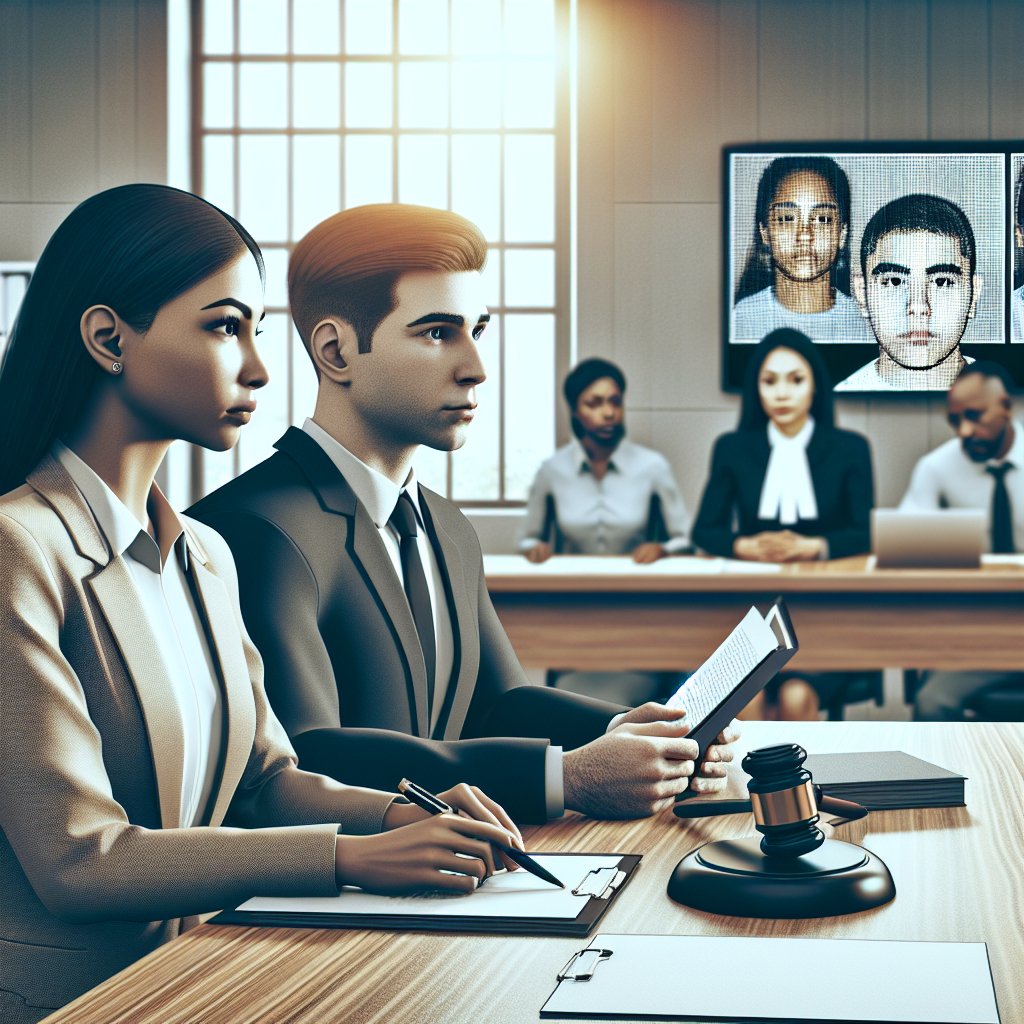Understanding the rights of juvenile offenders is crucial in ensuring that young individuals are treated fairly and justly within the legal system. Juvenile offenders, unlike adults, are subject to a different set of legal standards and protections, reflecting the recognition that children and adolescents are still developing and may have a greater capacity for change. This article delves into the rights afforded to juvenile offenders, exploring the legal framework that governs their treatment and the implications for their rehabilitation and reintegration into society.
The Legal Framework for Juvenile Offenders
The legal system recognizes that juveniles are fundamentally different from adults, both in terms of their psychological development and their potential for rehabilitation. As a result, many jurisdictions have established separate legal frameworks for handling juvenile offenders. These frameworks are designed to balance the need for accountability with the recognition of the unique circumstances and needs of young offenders.
One of the key principles underpinning the juvenile justice system is the concept of “parens patriae,” which translates to “parent of the nation.” This principle grants the state the authority to act in the best interests of the child, emphasizing rehabilitation over punishment. Consequently, juvenile courts often focus on providing guidance, education, and support to help young offenders reform and reintegrate into society.
In many countries, juvenile offenders are entitled to a range of rights that are specifically tailored to their age and developmental stage. These rights are designed to protect them from undue harm and to ensure that they receive fair treatment throughout the legal process. Some of the fundamental rights of juvenile offenders include the right to legal representation, the right to a fair and timely hearing, and the right to have their privacy protected.
Right to Legal Representation
One of the most critical rights afforded to juvenile offenders is the right to legal representation. This right ensures that young individuals have access to a lawyer who can advocate on their behalf, provide legal advice, and help them navigate the complexities of the legal system. Legal representation is essential in safeguarding the rights of juvenile offenders and ensuring that they receive a fair trial.
In many jurisdictions, the state provides legal counsel to juvenile offenders who cannot afford to hire a private attorney. This provision is crucial in ensuring that all juveniles, regardless of their socio-economic background, have access to competent legal representation. Lawyers representing juvenile offenders often have specialized training in juvenile law and are familiar with the unique challenges and considerations involved in these cases.
Right to a Fair and Timely Hearing
Juvenile offenders are entitled to a fair and timely hearing, which is a fundamental aspect of due process. This right ensures that juveniles have the opportunity to present their case, challenge evidence, and have their voices heard in court. The juvenile justice system often emphasizes informality and flexibility, allowing for a more personalized approach to each case.
Timeliness is particularly important in juvenile cases, as prolonged legal proceedings can have a detrimental impact on a young person’s development and well-being. Many jurisdictions have established specific timeframes for handling juvenile cases to ensure that they are resolved promptly and efficiently. This approach helps minimize the disruption to the juvenile’s life and allows for a quicker transition to rehabilitation and reintegration efforts.
Rehabilitation and Reintegration of Juvenile Offenders
The juvenile justice system places a strong emphasis on rehabilitation and reintegration, recognizing that young offenders have the potential to change and lead productive lives. Rehabilitation programs are designed to address the underlying issues that may have contributed to the juvenile’s offending behavior, such as substance abuse, mental health challenges, or a lack of educational opportunities.
Rehabilitation efforts often involve a combination of counseling, education, vocational training, and community service. These programs aim to equip juvenile offenders with the skills and support they need to make positive choices and avoid future involvement in criminal activities. By focusing on rehabilitation, the juvenile justice system seeks to reduce recidivism rates and promote long-term positive outcomes for young offenders.
Educational and Vocational Opportunities
Education is a critical component of rehabilitation for juvenile offenders. Many juvenile detention facilities offer educational programs that allow young offenders to continue their studies and earn academic credits. These programs are designed to help juveniles catch up on missed schooling and prepare for future educational or vocational pursuits.
In addition to traditional academic programs, vocational training is often provided to help juvenile offenders develop practical skills that can lead to employment opportunities. Vocational programs may include training in areas such as carpentry, culinary arts, or computer technology. By providing juveniles with marketable skills, these programs aim to increase their chances of finding gainful employment upon release, reducing the likelihood of reoffending.
Community-Based Programs
Community-based programs play a vital role in the rehabilitation and reintegration of juvenile offenders. These programs are designed to provide support and guidance to juveniles within their communities, allowing them to remain connected to their families and social networks. Community-based programs may include mentoring, counseling, and family support services.
By involving the community in the rehabilitation process, these programs help create a supportive environment that encourages positive behavior and personal growth. Community-based programs also emphasize accountability, requiring juveniles to take responsibility for their actions and make amends through community service or restitution.
In conclusion, the rights of juvenile offenders are an essential aspect of the juvenile justice system, ensuring that young individuals are treated fairly and given the opportunity to reform and reintegrate into society. By focusing on rehabilitation and providing tailored support, the juvenile justice system aims to help young offenders overcome their challenges and build a brighter future. Understanding and upholding these rights is crucial in promoting justice and positive outcomes for juvenile offenders.




